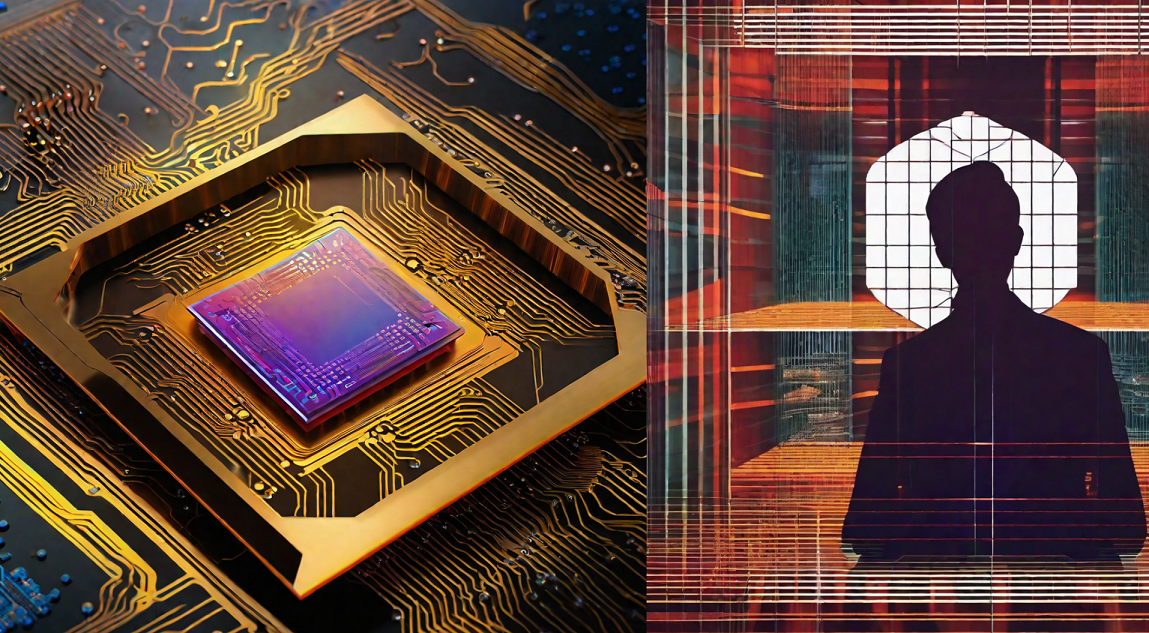
IBM made waves on Monday as it revealed a groundbreaking quantum computing chip and machine, marking a significant leap forward in the race to perfect quantum computing. The tech giant is optimistic that these innovations will lay the foundation for much larger quantum systems a decade from now, potentially revolutionizing the landscape of computing as we know it.
The realm of quantum computing has become a fierce battleground for tech giants and startups alike. Microsoft, Google's Alphabet, China's Baidu, and emerging companies, along with various nation states, are all fervently competing to develop quantum machines. Quantum computing leverages the principles of quantum mechanics to achieve computing speeds far beyond the capabilities of classical silicon-based computers.
The primary challenge in quantum computing has been the creation of machines reliable enough in the real world to consistently surpass conventional computers. As quantum researchers expanded the scale of these machines to outpace classical counterparts, they encountered significant hurdles related to data errors.
In a major stride towards addressing these challenges, IBM presented a groundbreaking approach on Monday. The company showcased a new method of connecting quantum chips within machines and linking these machines together. This innovative approach, coupled with a novel error-correction code, holds the promise of delivering compelling quantum machines by 2033.
The inaugural machine to feature these advancements is aptly named Quantum System Two, utilizing three "Heron" chips. Dario Gil, IBM's senior vice president and director of research, asserted that progress is expected to be relatively steady until 2029. It is at this point that the full impact of the error-correction technologies is anticipated to come into play.
After 2029, a sharp uptick in the capabilities of quantum machines is foreseen. This trajectory is comparable to the rapid advancement witnessed in artificial intelligence (AI) systems, which, after developing gradually for 15 years, experienced a transformative surge in sophistication over the past year.
Gil emphasized the need to integrate these quantum chips, stating, "You're going to have to tie them together. You're going to have to do many of these things together to be practical about it. Because if not, it's just a paper exercise."
IBM faces stiff competition in the quantum computing race. PsiQuantum, a startup collaborating with GlobalFoundries to manufacture its chips, previously announced plans to launch a commercial machine within the next six years, adding another layer of intensity to the evolving quantum landscape.
As IBM unveils its quantum breakthrough, the tech world is now eagerly anticipating the next era of computing, where quantum machines may soon outshine their classical counterparts, unlocking unprecedented possibilities in fields ranging from cryptography to optimization problems and beyond. The dawn of quantum supremacy seems closer than ever.